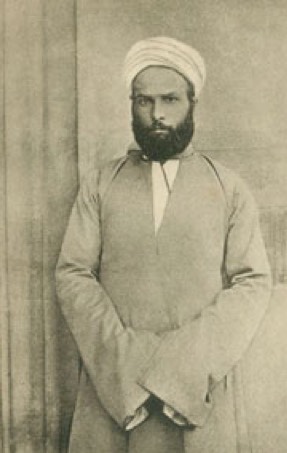Sign up for FlowVella
Sign up with FacebookAlready have an account? Sign in now
By registering you are agreeing to our
Terms of Service
Loading Flow


In the late 18th and 19th centuries, European nations were engaged in an aggressive and competitive campaign to secure new territories and new markets. In this age of European imperialism, certain key areas of the Muslim world attracted increased European attention. The European nations expanded their influence and established colonies in the Middle East, Africa, and India. When the Ottoman Empire collapsed in defeat in 1918 at the end of World War I, France and Great Britain assumed control of the Ottoman Empire's Middle East and north African territories.

In the 20th century, Muslims struggled with the political and economic challenges presented by European colonialism and imperialism, and with the intellectual and moral challenges presented by a rapidly-changing world of nationalism, secularism, anti-colonial struggles, and the Cold War. Two very different hypotheses found wide appeal among Muslims. Some, such as the Muslim Brotherhood, built on the revivalist teachings of the 19th century and argued for a return to Islamic traditions. Finding wide support among the working and impoverished classes of Muslims, they taught that Islam is a positive alternative to the modern world, which had left so many behind. They led reformist movements that advocated for an Islamic system of government. Many of them spent time in prison for their political leadership and publications, particularly in Egypt and Syria.
In the 19th century, in response to the political and economic challenges of European imperialism, a number of schools of Islamic thought emerged that included important political and social components. Called Islamic revivalist movements, these schools, such as the Wahhabi movement in Arabia and the Mahdi movement in Sudan, were concerned that Islamic society appeared to be in decline. While not necessarily agreeing in the details, they shared a conviction that returning to careful adherence to the Quran and the sunnah would restore independence and influence to Islamic societies.